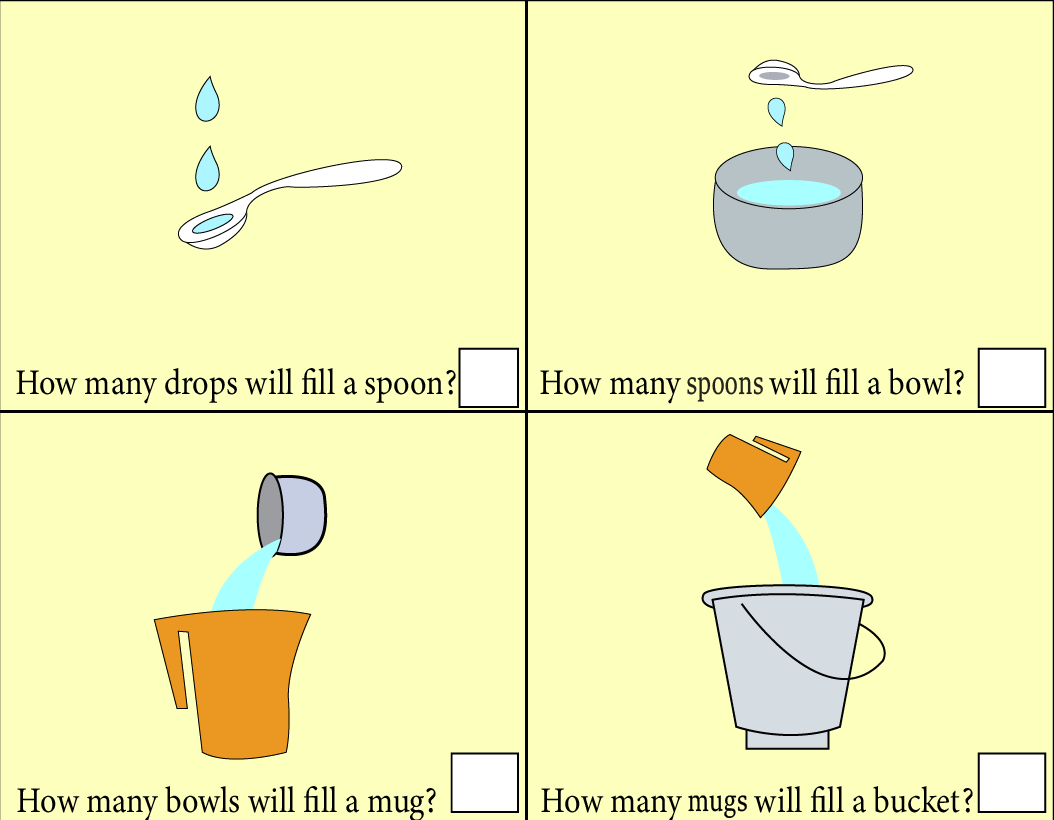Class 3 Evs Chapter 20 Questions and Answers - Free PDF Download
FAQs on NCERT Solutions For Class 3 EVS Chapter 20 Drop By Drop (2025-26)
1. How Can I Download the NCERT Solutions EVS Class 3 Chapter 20?
The process of downloading NCERT solutions EVS Class 3 Chapter 20 is very easy and hassle-free. For this, you need to have an account with Vedantu. You can log into your account to get free access to the materials uploaded on Vedantu’s website. The solutions are available in free downloadable PDF format. You can easily download the solutions and study according to your convenience.
2. Why is this Chapter Important for Students to Learn?
Drop By Drop Class 3 NCERT Solutions highlights the need of us to save water. All of us know how important it is for us to save water. The chapter enumerates on the various methods to save water. The chapter creates a vision for students to strive towards saving water which is of utmost importance.
3. Why is everyone in Madho’s family so upset, according to Chapter 20 of Class 3 EVS?
Ans: Madho’s family is very upset because it is summer. Every summer season, there is huge water scarcity in their village. This year, the condition is even worse for them because there is no sign of rain at all, so much so that the pond nearby has also dried, which means that Madho’s sister and her mother will have to cover a much longer distance to get water for their family.
4. Who will go to collect water from Madho’s family, according to Chapter 20 of Class 3 EVS?
Ans: Usually, Madho’s sister and mother go to fetch water from the nearby pond, but this year, the pond has dried. So, they will have to go much farther to collect water. They will get blisters and burns walking such a long distance to get four pots of water in the heat. Sometimes when a train with water comes, Madho’s dad goes to collect the water with his camel-cart.
5. What made Madho’s family happy, according to Chapter 20 of Class 3 EVS?
Ans: The water scarcity has increased this year because of the lack of rain due to which the nearby pond has also dried. Madho’s mother and sister had to travel a long distance to get four pots of water even when they endured burns and blisters. But the family became happy when they saw a train with water coming to their village. Madho’s father fetched the water in his camel-cart. Refer to the NCERT Solutions for Chapter 20 of Class 3 EVS available free of cost on the Vedantu website and the Vedantu app.
6. How is the rainwater collected, according to Chapter 20 of Class 3 EVS?
Ans: The rainwater is collected by building a tanka. A tanka is made by digging up the ground of a courtyard and cementing it. Once the tanka is cemented, it is covered with the help of a lid. Now, the roof is given a slope so that the rainwater can easily flow from the roof to the pipe attached to the roof. This pipe is then connected to the tanka. The pipe has a sieve that prevents dirt from going inside.
7. Can you think of some ways in which water can be saved by you?
Ans: We can save water by taking the following steps:
Closing all the taps when not using them.
Using a bucket for bathing instead of the shower as more water is wasted in the shower.
While brushing or washing hands/face, never keep the tap running.
Using unused, clean water to water all the plants in the garden.
The water that is left after washing clothes can be used to clean washrooms.
If there are water leakages, get them repaired as soon as possible.

























